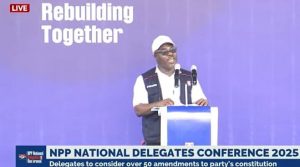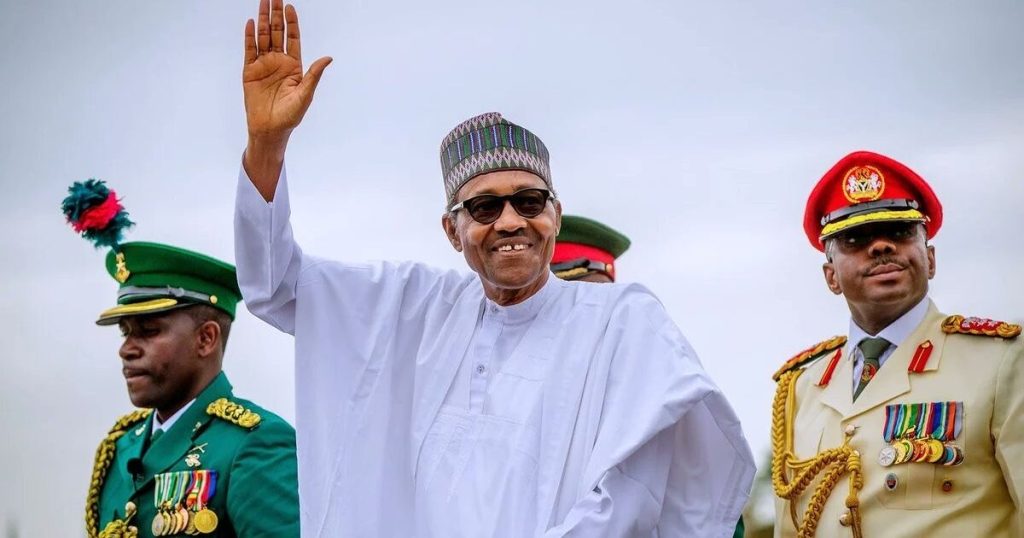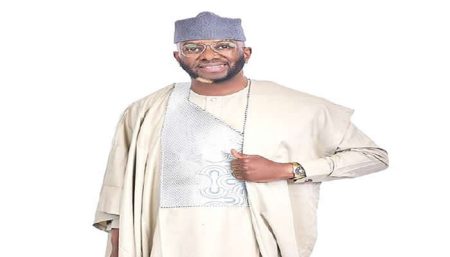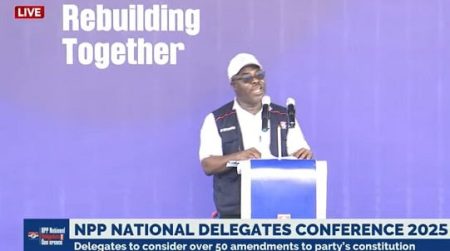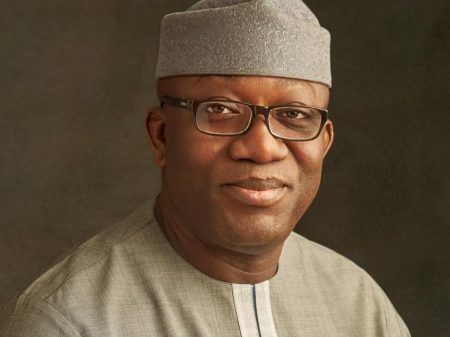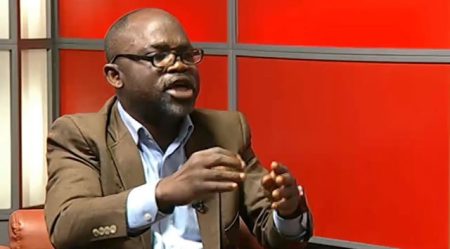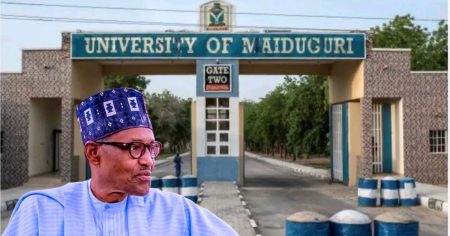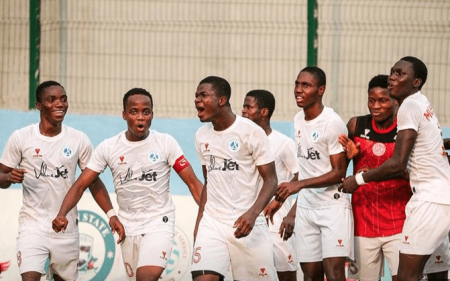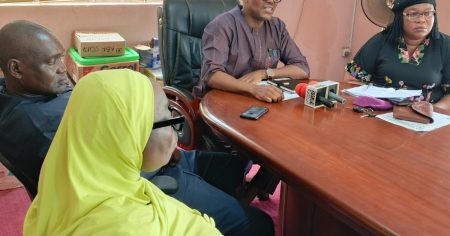The Political Afterlife of Muhammadu Buhari: A Legacy Contested and a Support Base Coveted
The death of former Nigerian President Muhammadu Buhari has triggered not only a wave of national mourning but also a surge of political maneuvering ahead of the 2027 general elections. Buhari’s legacy, even in death, remains a potent political force, particularly within the ruling All Progressives Congress (APC) and the African Democratic Congress (ADC). Both parties appear eager to capture the loyalty of Buhari’s substantial support base, a strategic move that has become increasingly evident in their actions and pronouncements surrounding his passing. The complex interplay of tributes, accusations, and political posturing highlights the intricate relationship between Buhari and his successor, President Bola Tinubu, and the ensuing scramble for political advantage.
President Tinubu took a prominent role in Buhari’s funeral arrangements, overseeing the repatriation of the former president’s remains from the UK and attending the burial ceremony in Daura, Buhari’s hometown. Tinubu’s public displays of respect, including bowing before Buhari’s casket, were widely publicized, creating a stark contrast to the noticeable absence of key opposition figures like Atiku Abubakar and Peter Obi. Even former Vice President Yemi Osinbajo, Buhari’s former deputy, seemed marginalized throughout the proceedings. Following the burial, Tinubu convened a special Federal Executive Council meeting to eulogize Buhari and further cemented the symbolic connection by renaming the University of Maiduguri in Buhari’s honor.
These actions, however, have generated significant controversy and fueled speculation about Tinubu’s motivations. Critics accuse Tinubu of hypocrisy, pointing to the strained relationship between the two leaders during Buhari’s final years and Tinubu’s subsequent criticism of his predecessor’s economic management. Tinubu’s administration frequently attributed the nation’s economic woes to inherited challenges, creating a narrative that appeared to distance the new government from Buhari’s policies. This perceived disconnect between Tinubu’s past criticisms and his present displays of reverence has fueled accusations of political opportunism, suggesting that Tinubu is attempting to leverage Buhari’s legacy for personal gain.
The ADC, a political party also vying for Buhari’s support base, has been particularly vocal in its criticism of Tinubu. The party has accused Tinubu of orchestrating a campaign to discredit Buhari’s legacy while he was alive, only to now feign grief and attempt to claim his mantle of support. This sudden shift in tone, according to the ADC, reveals Tinubu’s cynical attempt to exploit Buhari’s death for political advantage. The ADC contends that Tinubu’s administration spent months blaming Buhari for the country’s economic struggles and only now seeks to portray itself as the defender of his legacy. This accusation underscores the intense competition for political positioning and the strategic importance of aligning with Buhari’s popular appeal.
The Presidency, however, vehemently denies these allegations, accusing the ADC of “dancing on the grave” of the former president and exploiting the situation for political relevance. The government maintains that Tinubu’s actions were solely motivated by respect for his predecessor and a desire to provide a befitting farewell to a national leader. This defense portrays Tinubu as a statesman upholding the dignity of the office and honoring a former head of state, regardless of any past political differences. The clashing narratives highlight the deep political divisions and the sensitivity surrounding Buhari’s legacy.
Other perspectives within the political landscape offer more nuanced interpretations of Tinubu’s actions. Some analysts argue that it is customary for a sitting president to lead the tributes to a deceased predecessor, regardless of their personal relationship. They suggest that Tinubu’s actions may be simply fulfilling his constitutional duties and adhering to established protocols. Others acknowledge the strained relationship but question the motives behind the ADC’s criticisms, suggesting that the party may be attempting to capitalize on the controversy to boost its own political standing. This multifaceted response to Tinubu’s actions reveals the complexity of the political landscape and the variety of interpretations surrounding his motivations.
Amid the political maneuvering and accusations, a fundamental question emerges: what is the true nature of Tinubu’s relationship with Buhari’s legacy? Is he genuinely honoring a predecessor, or is he cynically exploiting a tragic event for political gain? The answer likely lies somewhere in between. While Tinubu’s actions may be partly motivated by a desire to secure political support, it is also reasonable to assume that he holds some degree of respect for the office Buhari held and the impact he had on Nigeria. The challenge lies in disentangling the genuine expressions of grief and respect from the calculated political maneuvering that inevitably follows the death of a significant political figure. The struggle for Buhari’s political legacy is not just about honoring the past but also about shaping the future of Nigerian politics.




